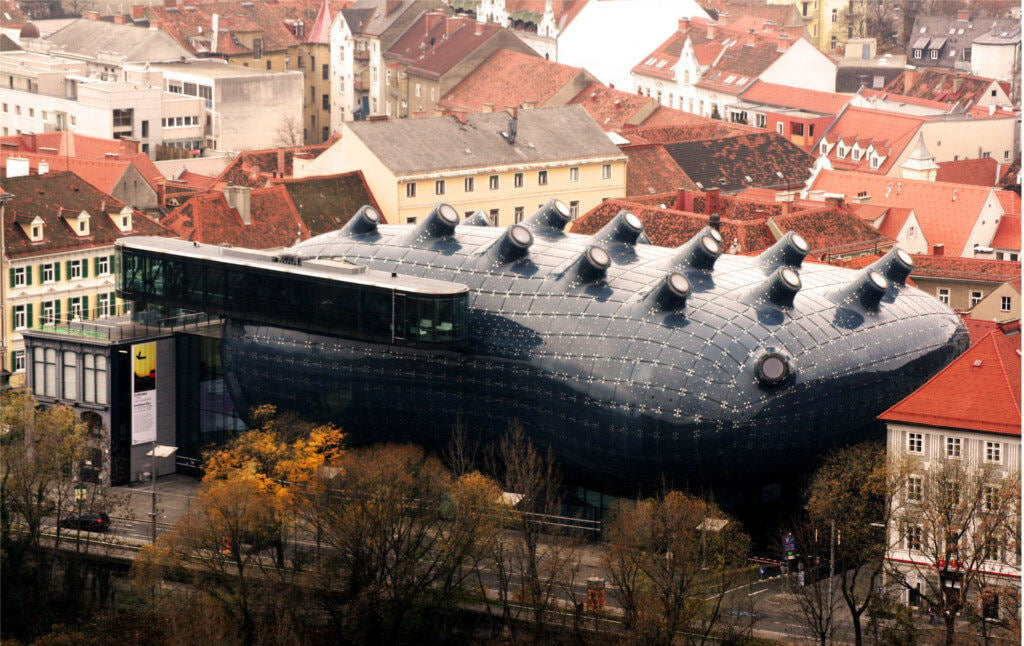Item 1 of 2 A person walks pass a Nvidia logo at Computex in Taipei, Taiwan June 5, 2024. REUTERS/Ann Wang/File Photo
[1/2]A person walks pass a Nvidia logo at Computex in Taipei, Taiwan June 5, 2024. REUTERS/Ann Wang/File Photo Purchase Licensing Rights, opens new tab
- Orders represent switch from plan to just draw from stockpile, source says
- New orders add to inventory of 600,00-700,000 H20s, sources say
- Trump administration reversed an April ban on H20 sales this month
- U.S. Commerce Department has yet to approve export licenses, sources say
BEIJING/SHANGHAI/NEW YORK, July 29 (Reuters) - Nvidia
(NVDA.O), opens new tabplaced orders for 300,000 H20 chipsets with contract manufacturer TSMC
(2330.TW), opens new tablast week, two sources said, with one of them adding that strong Chinese demand had led the U.S. firm to change its mind about just relying on its existing stockpile.
The Trump administration this month allowed Nvidia to resume sales of H20 graphics processing units (GPUs) to China, reversing an effective ban imposed in April designed to keep advanced AI chips out of Chinese hands due to national security concerns.
Sign up here.
Nvidia developed the H20 specifically for the Chinese market after U.S. export restrictions on its other AI chipsets were imposed in late 2023. The H20 does not have as much computing power as Nvidia's H100 or its new Blackwell series sold in markets outside China.
The new orders with Taiwan's TMSC would add to existing inventory of 600,000 to 700,000 H20 chips, according to the sources who were not authorised to speak to media and declined to be identified.
For comparison purposes, Nvidia sold around 1 million H20 chips in 2024, according to U.S. research firm SemiAnalysis.
Nvidia CEO Jensen Huang said during a trip to Beijing this month that the level of H20 orders it received would determine whether production would begin again, adding that any restart to the supply chain would take nine months.
The Information reported after Huang's trip that Nvidia had told customers it had limited H20 stocks available and it had no immediate plans to restart wafer production for the GPU.
Nvidia needs to obtain export licenses from the U.S. government to ship the H20 chips. It said in mid-July it had been assured by authorities that it would get them soon.
The U.S. Department of Commerce has yet to approve those licenses, one of the sources and a third source said.
Nvidia on Monday declined to comment on the new orders or the status of its license applications. TSMC declined to comment. The U.S. Commerce Department did not immediately respond to a request for comment.
Nvidia has asked Chinese companies interested in purchasing Nvidia H20 chips to submit new documentation including order volume forecasts from clients, said one of the sources and a fourth source.
KEY PRODUCT IN US-SINO TRADE WAR
The Trump administration said the resumption of H20 sales was part of negotiations with China over rare earth magnets - elements essential for many industries and which Beijing had limited exports of as trade war tensions escalated.
The decision drew bipartisan condemnation from U.S. legislators who are worried that giving China access to the H20 will impede U.S. efforts to maintain its lead in AI technology.
But Nvidia and others argue that it is important to retain Chinese interest in its chips - which work with Nvidia's software tools - so that developers do not completely switch over to offerings from rivals like Huawei.
Before the April ban, Chinese technology giants including Tencent
(0700.HK), opens new tab, ByteDance and Alibaba
(9988.HK), opens new tabsubstantially increased H20 orders as they deployed DeepSeek's cost-effective AI models as well as their own models.
The popularity of Nvidia products in China, despite the advent of rival, albeit less powerful, offerings from Huawei, has been underscored by a boom in repair demand for its other banned GPUS - many of which have been smuggled into the country.
After the April ban on H20 sales, Nvidia warned that it would have to write off $5.5 billion in inventories, while Huang told the Stratechery podcast that the company also had to forgo $15 billion in potential sales.
Reporting by Liam Mo in Beijing, Brenda Goh in Shanghai and Karen Freifeld in New York; Additional reporting by Che Pan in Beijing and Wen-Yee Lee in Taipei; Editing by Edwina Gibbs
Our Standards: The Thomson Reuters Trust Principles., opens new tab
Brenda Goh is Reuters’ Shanghai bureau chief and oversees coverage of corporates in China. Brenda joined Reuters as a trainee in London in 2010 and has reported stories from over a dozen countries.
.png)




